The State thrives on war - unless, of course, it is defeated and crushed - expands on it, glories in it
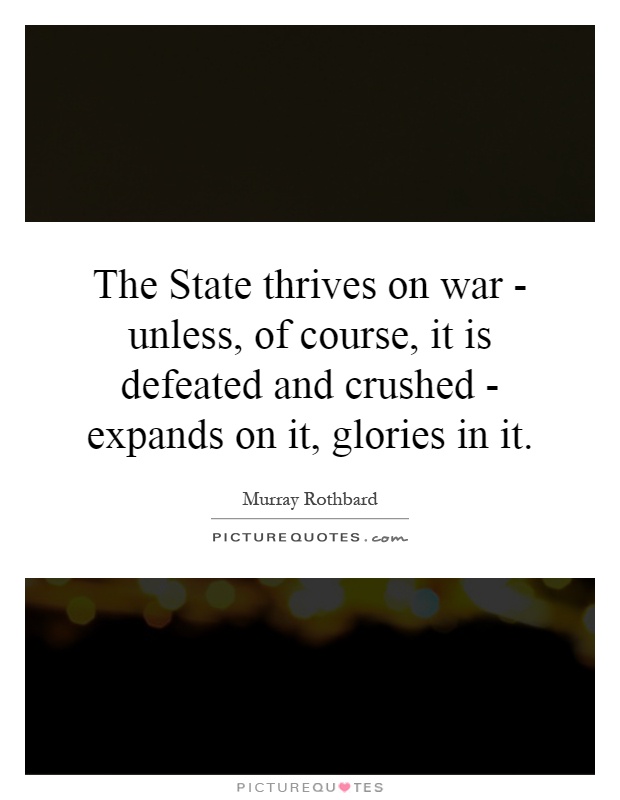
The State thrives on war - unless, of course, it is defeated and crushed - expands on it, glories in it
Murray Rothbard, a prominent libertarian economist and political theorist, was a staunch critic of the state and its propensity for war. In his writings, Rothbard argued that the state thrives on war, as it provides the perfect opportunity for the state to expand its power and control over its citizens. He believed that war was a tool used by the state to further its own interests and maintain its dominance over the population.Rothbard's assertion that the state thrives on war is rooted in his belief that war allows the state to consolidate its power and authority. During times of war, the state is able to justify increased government spending, expanded surveillance powers, and the erosion of civil liberties in the name of national security. This expansion of state power is often accompanied by a glorification of war and militarism, as the state seeks to rally public support for its actions and suppress dissenting voices.
Furthermore, Rothbard argued that war serves as a distraction for the population, diverting attention away from domestic issues and grievances. By focusing on external threats and enemies, the state is able to deflect criticism and maintain control over the narrative. This manipulation of public opinion allows the state to perpetuate its own existence and perpetuate the cycle of war and conflict.
However, Rothbard also recognized that the state's reliance on war could ultimately lead to its downfall. He believed that a defeated and crushed state would be unable to maintain its grip on power and control, as the costs of war would outweigh any potential benefits. In this sense, Rothbard saw war as a double-edged sword for the state, capable of both expanding its power and leading to its demise.
Overall, Rothbard's analysis of the state's relationship with war sheds light on the complex dynamics at play in the realm of politics and power. By understanding the state's reliance on war as a means of control and expansion, we can better grasp the mechanisms through which governments seek to maintain their authority and influence.
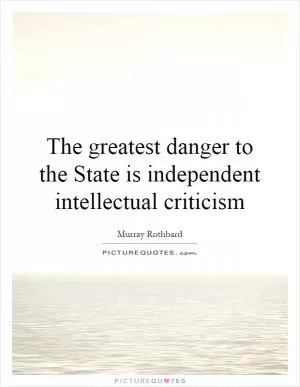
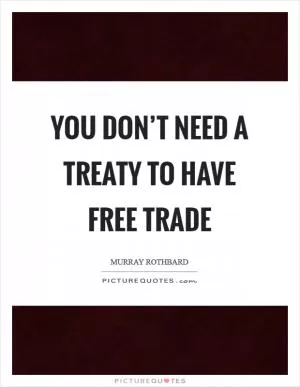
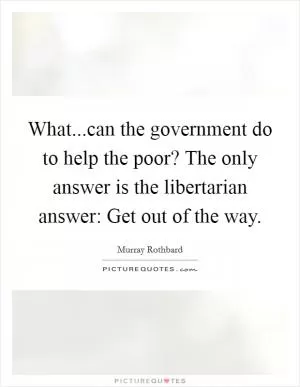
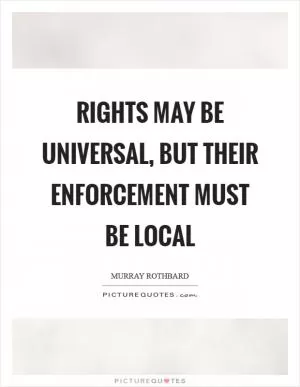
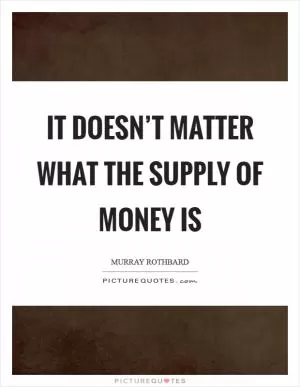
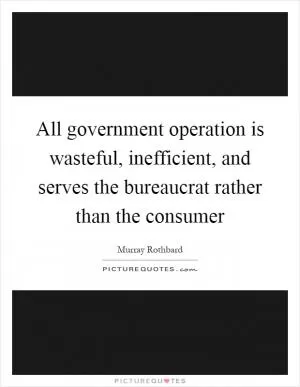
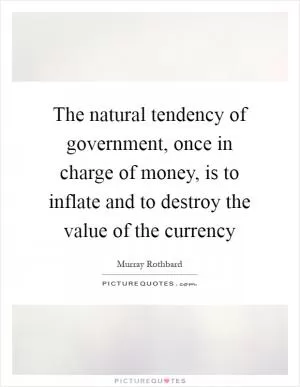
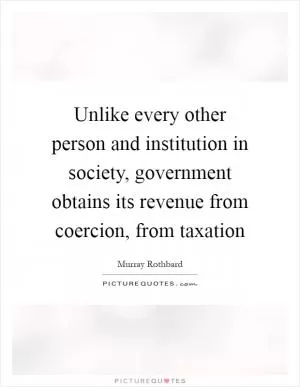
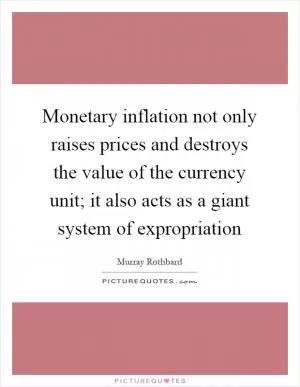
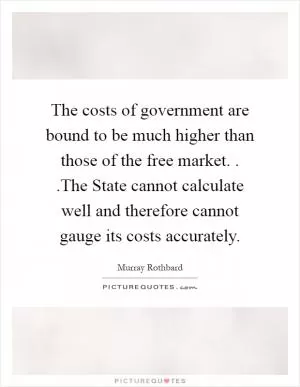
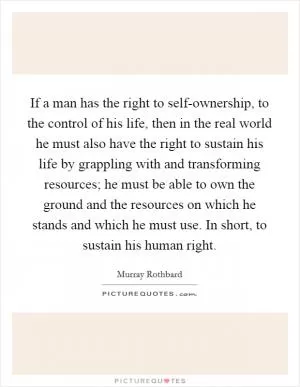

 Friendship Quotes
Friendship Quotes Love Quotes
Love Quotes Life Quotes
Life Quotes Funny Quotes
Funny Quotes Motivational Quotes
Motivational Quotes Inspirational Quotes
Inspirational Quotes